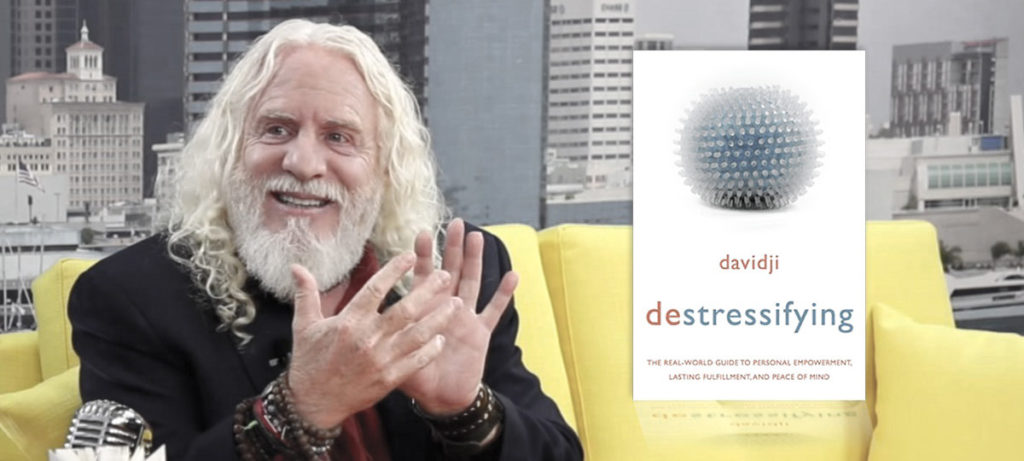Welcome to this week’s edition of The Source! Did you know that all emotions are actually good for us?
That is, if we listen to the message.
The benefits of “negative” emotions are that they are telling us something or advising us on our next step. If we don’t absorb their messages, we are wallowing in our negative, painful emotions for no reason and suffering unnecessarily. Fear can put a stranglehold on us, preventing us from moving in any direction.
But it also wakes us up to the possibilities around us. If we use it as a tool rather than as a noose, it can enlighten us to where we stand in a given moment. Fear is a symptom; just like sadness is a symptom…a symptom that somewhere you have leaned away from balance.
When you sense fear – pay attention. But don’t stay frozen… learn from it and either summon courage to confront it or choose another path. Anger obviously has its downside when it’s unfocused rage. But it has a deeper more powerful positive upside. Anger can be the spark that kicks us in the butt; the inspiration we need to leap out of self-pity or less-than thinking and take action.
Sadness also has an upside. I’ve often said, visiting the land of hurts and wounds is healthy and soothing once in a while, but no one benefits long-term by living there.
Chronic sadness can devolve into depression. But in-the-moment sadness is a healthy message to pay attention to how you feel. Sadness encourages us to take some time, slow down, and accept our vulnerability rather than creating a hard, false, protective shell.
Sadness allows us to grieve, survive, and ultimately thrive after a loss.
Here’s a fun exercise. Make a list of your top 10 “negative” or uncomfortable emotions, including fear, anger and sadness. Then write down the benefits that might come to you right now in a real-world situation with each emotion.
To ignite your creative thinking here, ask yourself:
- What is this emotion telling or teaching me about myself or my situation?
- What did I just learn about myself?
The exercise alone will destressify you as you actually learn more about who you are and how you respond to the world around you.
Cultivating your emotional intelligence will help you fulfill your social needs of compassion and empathy, your esteem needs of self-esteem and self-awareness, and your self-actualized need of flexibility – all important contributors to success in your life.
The next step in destressifying is mastering our capacity for conscious communication – the all-important way we share and receive information with others and our self. Like fulfilling needs, and mastering emotional intelligence, communication is a process that seems inherent but is actually a learned skill and requires cultivation to truly master.
Once we understand how to communicate non-violently, non-verbally, and consciously, then destressifying will take hold of you.
And, as long as you continue the practice, your needs will be fulfilled, your relationships will flourish, and your life will unfold with greater grace and greater ease.
Keep meditating, and I’ll see you in the gap!!! Peace. -davidji




